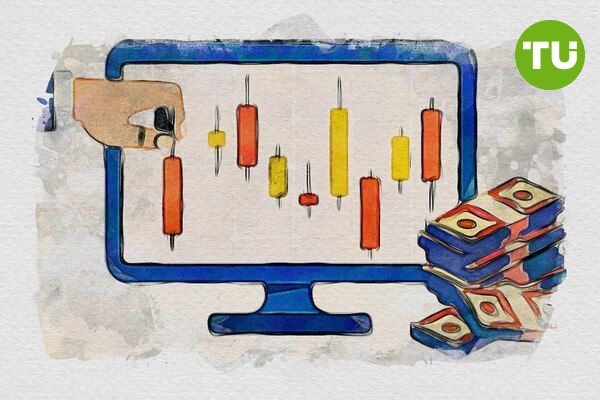Euro pulls back after ECB remarks, yen and Aussie slide on trade fears
 Euro, yen, and Aussie face pressure amid policy caution and trade tensions
Euro, yen, and Aussie face pressure amid policy caution and trade tensions
The euro fell below $1.085 on Friday, retreating from a five-month high of $1.09547 earlier in the week. The decline followed remarks from European Central Bank (ECB) President Christine Lagarde, who warned of downside risks to euro area growth if the European Union retaliates against new U.S. tariffs.
Lagarde estimated that a 25% U.S. tariff on European imports could shave 0.3 percentage points off eurozone GDP in the first year, and 0.5 pp if countermeasures are enacted. However, she signaled that the inflationary impact would be limited, suggesting the ECB would not tighten policy in response.
This neutral stance was echoed by ECB's de Galhau, who stated the euro area had more room to cut rates compared to the U.S., where inflation remains more persistent. Market participants have since moderated their expectations for ECB easing, now pricing in only two rate cuts in 2025. Meanwhile, Société Générale analysts flagged the euro's inability to break above the 1.0950 resistance level as a potential signal of a pullback, with short-term support seen at the 200-day moving average near 1.0725.
EUR/USD, USD/JPY and AUD/USD price movement. Source: TradingView.
Yen weakens despite firm inflation
The Japanese yen depreciated to around 149 per dollar, reversing a two-day rally. The move came despite core inflation for February beating forecasts, slowing only modestly to 3% from January's 3.2% reading.
While inflation remains above the Bank of Japan’s (BoJ) target, the central bank opted to hold its policy rate steady at 0.5% and maintained a cautious tone, citing the need to assess global trade risks, particularly the potential fallout from higher U.S. tariffs. A firmer U.S. dollar also weighed on the yen, as investors moved toward safety amid global economic concerns.
Aussie slides as trade tensions weigh
The Australian dollar dropped below $0.63, marking its fourth consecutive session of losses. The currency has come under pressure from mounting global trade tensions ahead of the April 2 deadline for U.S. retaliatory tariffs. Uncertainty surrounding Beijing’s upcoming stimulus plan further dampened sentiment, given Australia's close economic ties to China. Domestically, the Reserve Bank of Australia (RBA) remains cautious. Assistant Governor Sarah Hunter reiterated that February’s rate cut was a measured move to ease restrictive conditions, but did not signal urgency for further cuts. Markets remain divided on the timing of the next RBA action, with expectations ranging from May to August.
In our earlier coverage, we highlighted that EUR/USD had reclaimed the 200-day moving average, but faced a firm ceiling at 1.0950. This resistance remains valid as recent momentum fades. Similarly, the yen's vulnerability to dollar strength has persisted despite short-term inflation beats. The Aussie’s correlation with Chinese macro policy continues to dictate its medium-term path, especially amid tariff-linked uncertainty.













































































































































